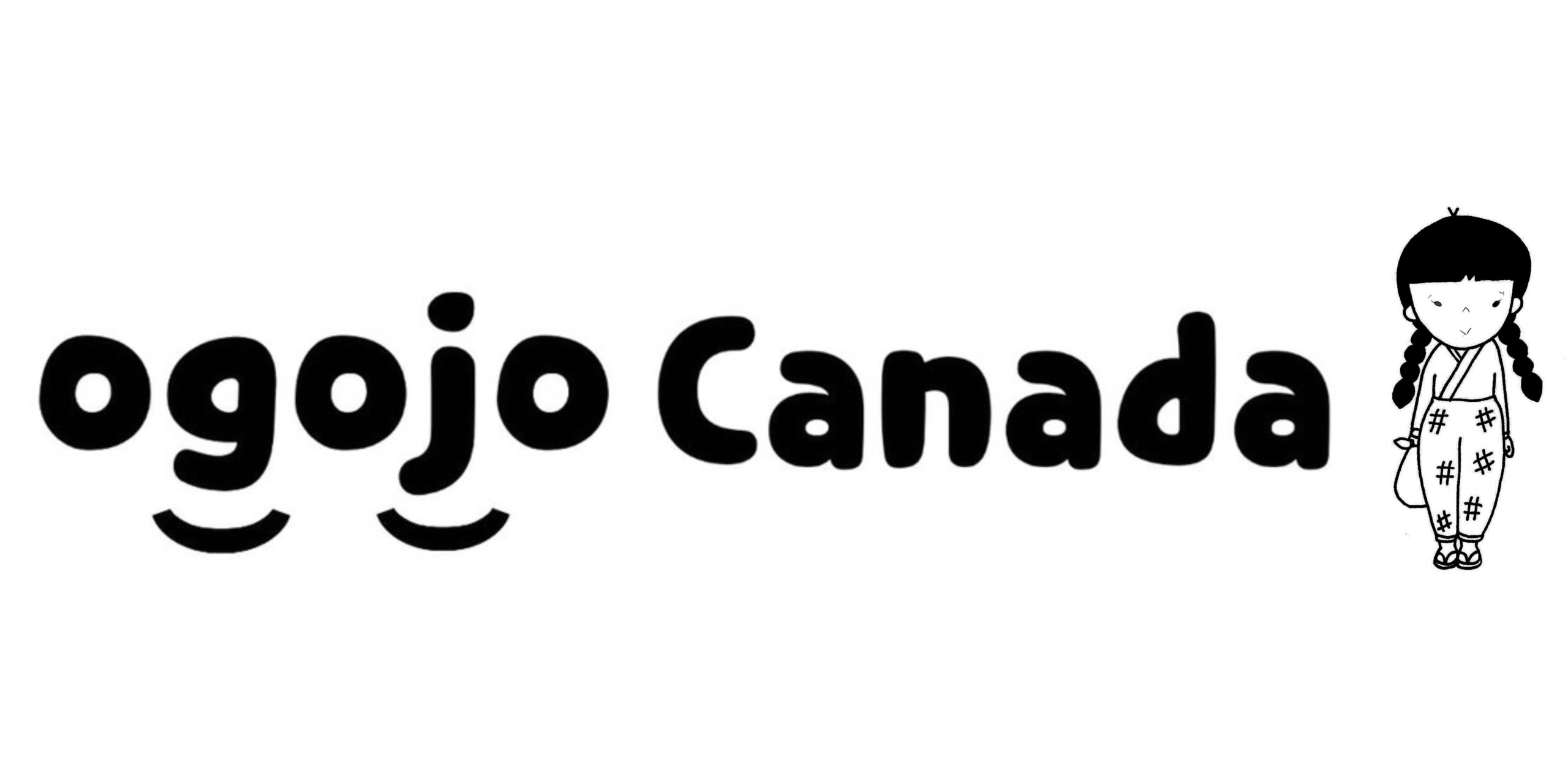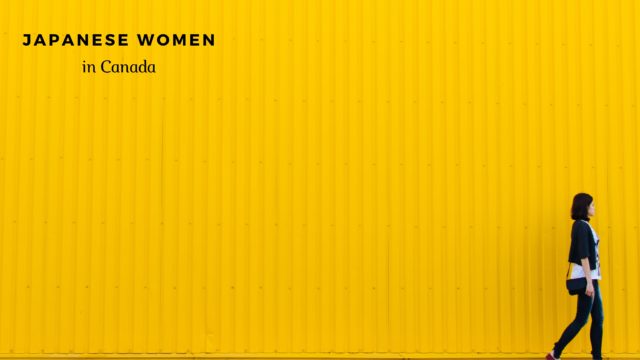- What do you like about Canada?
- How long have you lived in Canada? Why did you come here?
- What was the hardest thing about living in Canada? What did you learn from it?
- What have you done since you came here?
- What are you doing now?
- How did you come to work at CPC?
- Please tell us about what CPC does.
- Please tell us about SHARE?
- Do you have any advice for parents?
- What do you like to do?
- What is your creed or motto?
- What would you like to do in the future?
- Any messages?
- Editor’s Comment
What do you like about Canada?
In Japan, there is a lot of pressure to do what is expected from those around you, and the stakes are high. I felt somewhat suffocated in Japan. In Canada, I can talk with people who have the same value as me as an individual. Being able to have that relationship is important to me.
Also, the quality of life is high. Children are free to live as children without pressure from others. I love the culture of respect as an individual.

How long have you lived in Canada? Why did you come here?
After graduating from a professional training college, I wanted to work as a buyer, so I came to Canada on a working holiday to study English.
I wanted to work in a clothing store, but it was difficult to get hired, so I worked in a Japanese restaurant. I spent my time in Victoria working as a tour guide and in Banff enjoying snowboarding while working as a housekeeper.
After returning to Japan, I worked in a clothing store and later in planning and sales where I worked with clothing brands such as World Co to determine shoe designs. I moved to Canada when I married my husband.
What was the hardest thing about living in Canada? What did you learn from it?
In the area where I lived after immigrating to Canada, there were very few Asians, and I felt that it was difficult to find people who were willing to overcome the “Asian” barrier and become friends with me. However, since moving to the Vancouver area, I have made many friends who are interested in me as an individual.
I have been able to live in a community with people who have reached out to me and supported me at times, and I believe that we should live in a good community. When someone reaches out to you, you know that you are not alone. I feel this way when I visit schools for work. One of the messages we want to convey is that it is okay to be who you are, just as you are.
What have you done since you came here?
My husband was an ESL program director at a private school and I was helping high school students who were coming here to study for a year. Looking back, I was doing things like sex education for those kids. That’s when I started to realize that I wanted to pass these things on to the kids.
What are you doing now?
I work at the Crisis Pregnancy Centre (CPC) in Burnaby and Vancouver, where I created a program called SHARE (Sexual Health and Relationship Education) and visit high schools to provide sex education. My background is in fashion design, so I never thought I would come to Canada to teach sex education to teenagers in English.

How did you come to work at CPC?
Since I was a little girl, I had a passion for protecting vulnerable things. Animals, babies, child abuse, and so on. When I was in Japan, I was young and I neglected these feelings. Since I came to Canada, I had no friends, so I spent more time thinking and reading the news. When I read sad news of a young girl that was arrested for leaving her baby in the washroom of a convenience store, I could not stop crying. I didn’t realize it at first, but when a friend asked me what my passion was, my friend told me that this might be just it.
I was looking for a place to volunteer when I was contacted by the Vancouver program director of this center. She said she was going to Japan and wanted to hear about Japan, so we met and hit it off. Although I had to work for a living, I really wanted to volunteer at this agency, so I volunteered full time for six months. During that time, I started building SHARE with five other volunteers, and in 2008, the center hired me and entrusted me with the program.
Please tell us about what CPC does.
We provide a space where people who are pregnant but don’t know what to do or are unsure can come to our center and face their situation with a counselor and face their feelings in a situation where they are not pressured by others. In the process, we will take the time to consider each option carefully, whether to become a parent, adopt, or have an abortion, and we will also give them decision-making tools and other information to help you take the time and figure out which choice you are comfortable with. For the decision you choose, we will provide you with information and support. After the decision is made, we continue to support them if they need emotional support.
Sometimes we have people come to us who are homeless and pregnant. In such cases, we work with various shelters to help them find a place to live, and in the case of illegal individuals, we refer them to organizations that support them because they do not have MSP.
Some people decide to have a baby but give birth alone, so we may be present at the birth. We have a mothers’ group that meets once a week at the center. We help them to connect to the community from there as well. I watch together with other single mothers as their children grow up. We also have diapers, baby formula, baby clothes, etc., so those who have financial difficulties can get them at our center.
In witnessing the crisis, we realized that we need “Prevention” that the crisis does not happen, so the program SHARE was launched. We created it to teach children how to have healthy relationships. If we did that, there would be no more children coming to the center.
Please tell us about SHARE?
Sex education in schools today mainly teaches that sex is natural and how to have sex and how to have safe sex, but our program is much more than that, because sex affects not only the physical, but also the emotional, social, and spiritual aspects. Our program is a scientifically based exploration of knowing your values and making decisions based on them, as well as what a healthy relationship is.
If we do not live our lives while consciously considering our own values and morals, society’s “natural” and “normal” ways of thinking will become our way of thinking. As we teach them the boundaries necessary to protect their own values, the importance of “consent,” what is healthy social interaction, and the influence of pornography, we hope that they will grow into adults with pride in how valuable they are and that they are worthy of taking care of themselves and being taken care of by others. I hope that they will grow up to become adults who are proud of their own worthiness, and that they are worthy of being valued by others.

Do you have any advice for parents?
It is a natural growth process for children to become sexually interested. We as parents need to teach them that this growth process is not something to be ashamed of and that sex is a positive thing. Most of us Japanese have not even heard such talk from our parents, so you may be wondering how to teach them, but I think the point is to build a relationship and environment where you can have open conversations by simply answering the children’s questions in everyday conversation and according to their age. We as sex educators only have one opportunity to talk to our children, but I think parents can have 101 conversations with their children. Through many conversations, children can think about what kind of person they want to have a relationship with in the future, what their value is, what their dreams are for the future, and how sex affects that.
What do you like to do?
I like to camp with my family. We go to the Whistler area and Manning Park. I think it’s important to spend quiet time with my family away from our busy lives. I also love going to the Korean Spa JJ in Coquitlam with friends.

What is your creed or motto?
Be true to your heart. I wanted to do work that would be useful to others. The passion I had as a child was sidetracked at one point, but it has come back now.
What would you like to do in the future?
We have received requests from the Japanese community for sex education. What I hear from Japanese people is that they do not know how and where to start because they were not taught by their own parents. My goal is to bring this program to the Japanese community, and I hope to expand it to Japan.
Any messages?
You may have come to Canada to study abroad or to get married, but there may be a deeper reason. I think you should not be closed in, but open your eyes, open your ears, open your mind and wonder what is waiting for you and challenge yourself.
—–
Thank you so much!
Editor’s Comment
When I had the opportunity to interview him, the U.S. Supreme Court was about to uphold the ban on abortion. It is a very difficult issue involving religion and personal views. However, I hope that Miya’s wonderful activities, which create opportunities for children to think about their “self-worth” once again, will be understood and spread by many people in Japan, Canada and all over the world, so that unwanted pregnancies and abortions will not occur.











